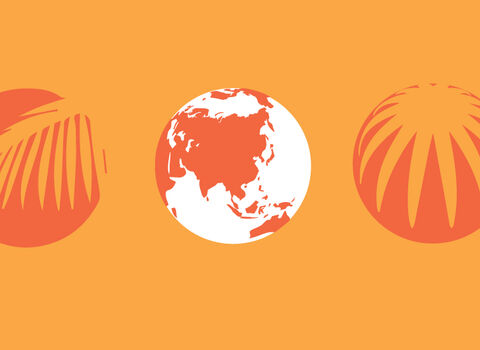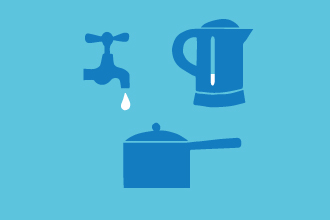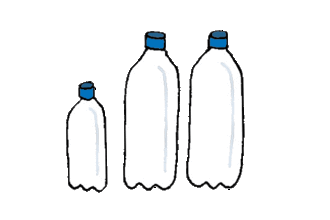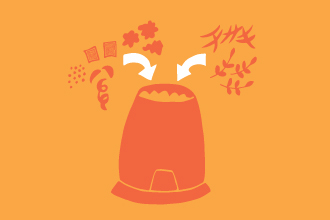The problem with palm oil
Palm oil is a type of vegetable oil but sadly a lot of tropical habitat is being destroyed to make it. This means many animals are losing their homes. The oil comes from the fruit grown on the African oil palm tree. Oil palm plantations are grown in tropical climates in Africa, Asia, North America, and South America. It is popular because it is very easy and cheap to grow.
What's the problem
Palm oil caused around 8% of global deforestation between 1990 and 2008! That's when huge areas of forest are destroyed. A lot of the deforestation happens in Indonesia and Malaysia. This is very worrying as a third of all mammal species in Indonesia are critically endangered. This is a result of unsustainably farmed palm oil.
Deforestation ruins the homes of not only wildlife, but people too. Many communities are forced to move. Palm oil plantations are often illegally burned when they are no longer used. This releases carbon dioxide into the atmosphere. This contributes to climate change as well as creating a smog from the fire that is harmful to people and animals.
What can I do to help?
Palm oil is found in up to half of packaged products in our supermarkets. So the power is in your hands! By exercising your right to choose what you buy, you can help shift the demand and focus on to sustainably farmed palm oil! Here are some tips for eco-friendly shopping:
- Check the label: Be aware of foods that commonly contain palm oil such as sliced bread, crisps, and biscuits. If it has it in then try to buy the version marked with a sustainable palm oil logo.
- Make your own: Making your own food from raw ingredients means you can control exactly what goes in to your food. So next time you fancy pizza for dinner, why not have a go at making your own?
- Write to companies: Sustainable palm oil won't become the norm unless there is enough demand for it. Writing to companies using unsustainable palm oil in their products shows them that people won't buy their products unless they know they are responsibly sourced.
- Know what to look for: Unfortunately, palm oil can be disguised behind thousands of misleading names, and is often found in items including laundry detergents, washing up liquid, cosmetics, soaps and shampoos.




